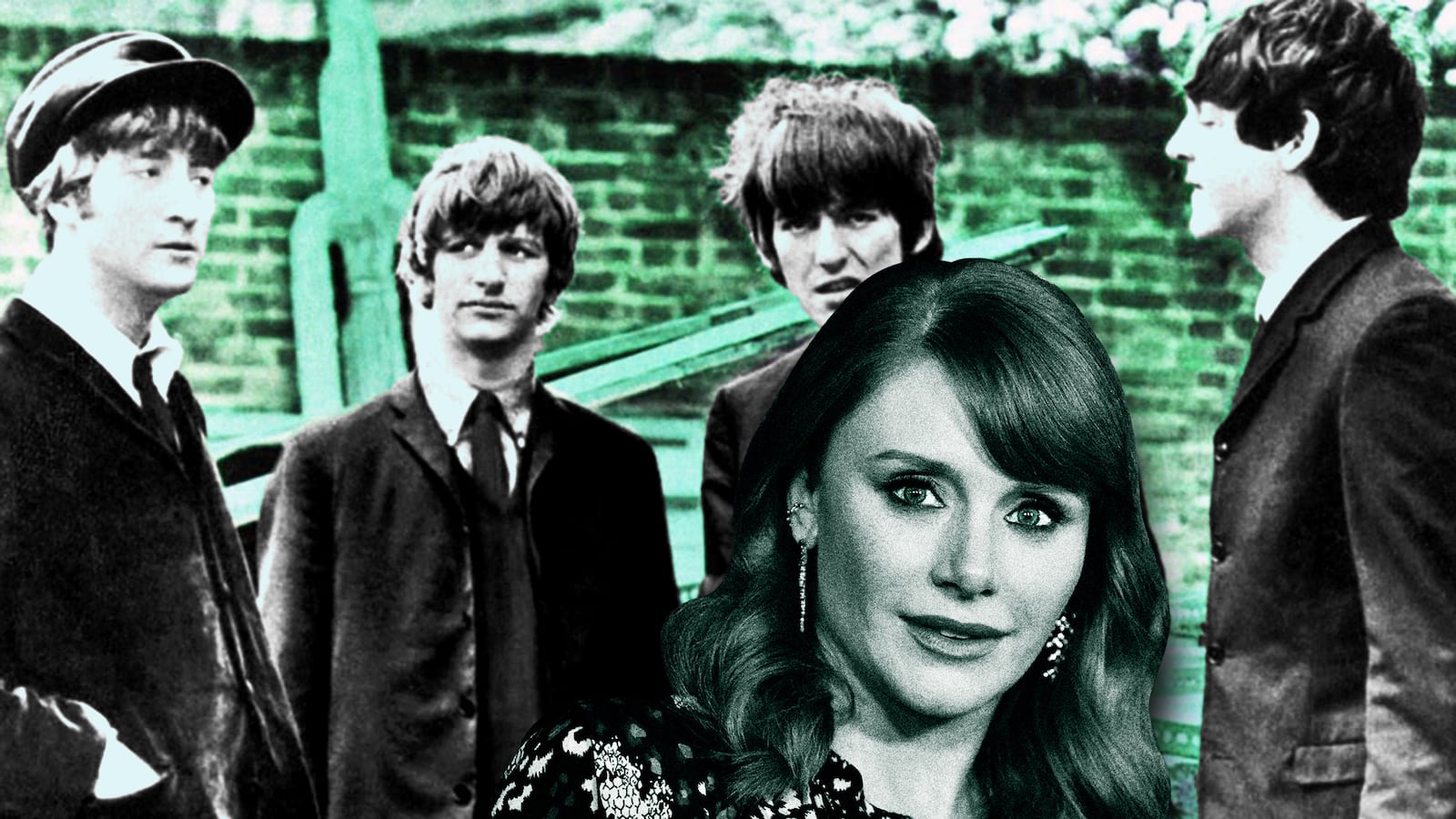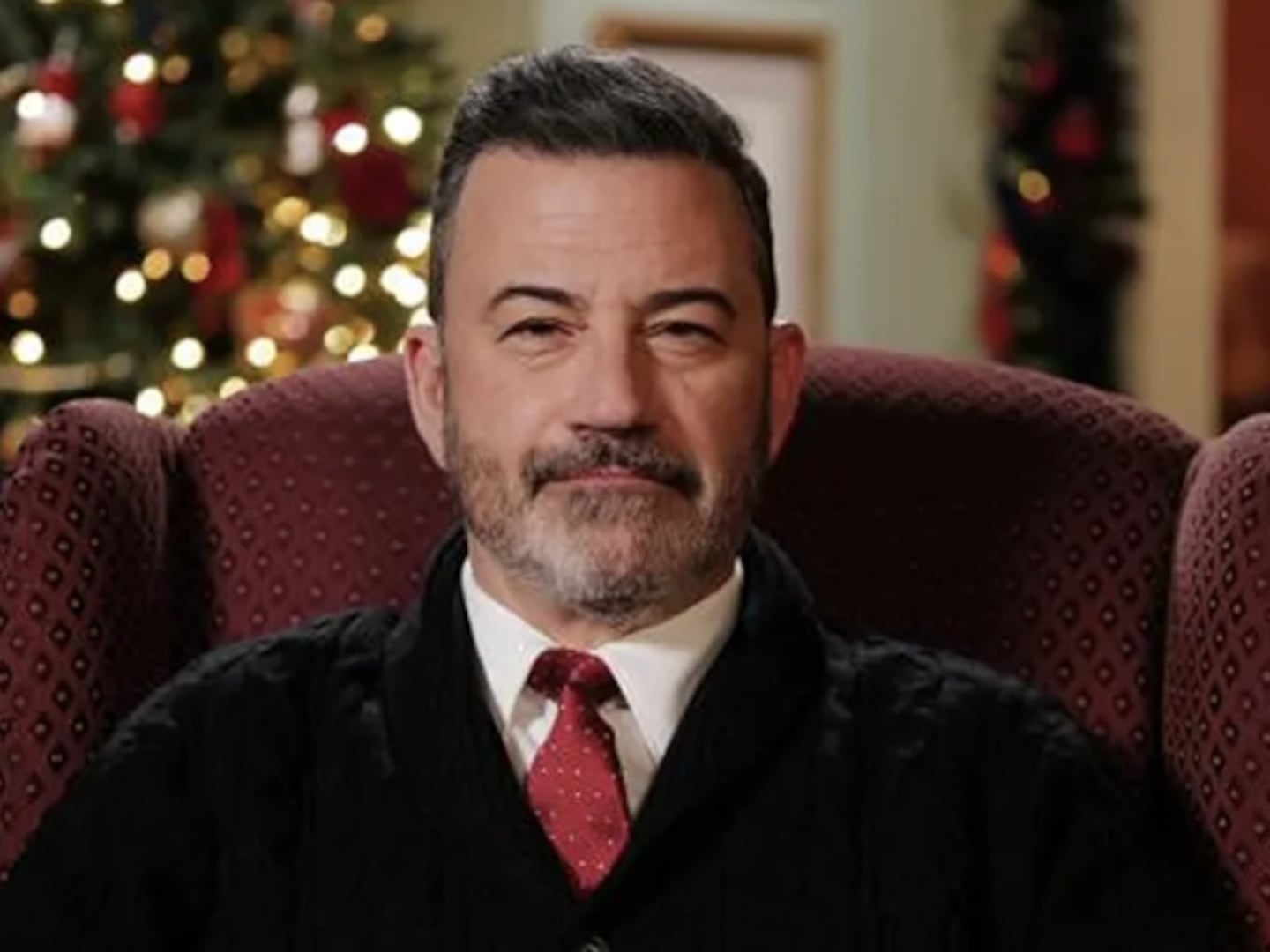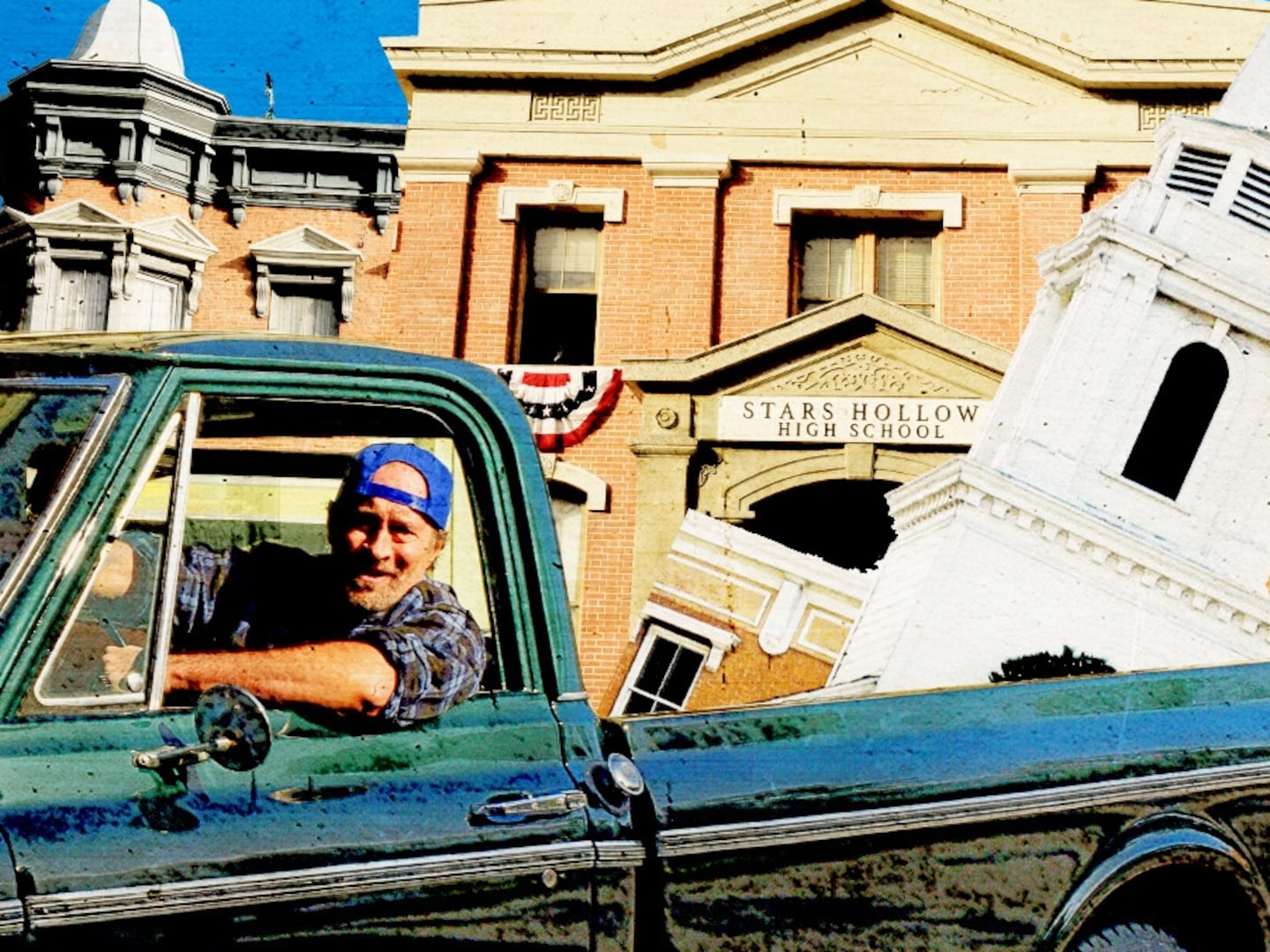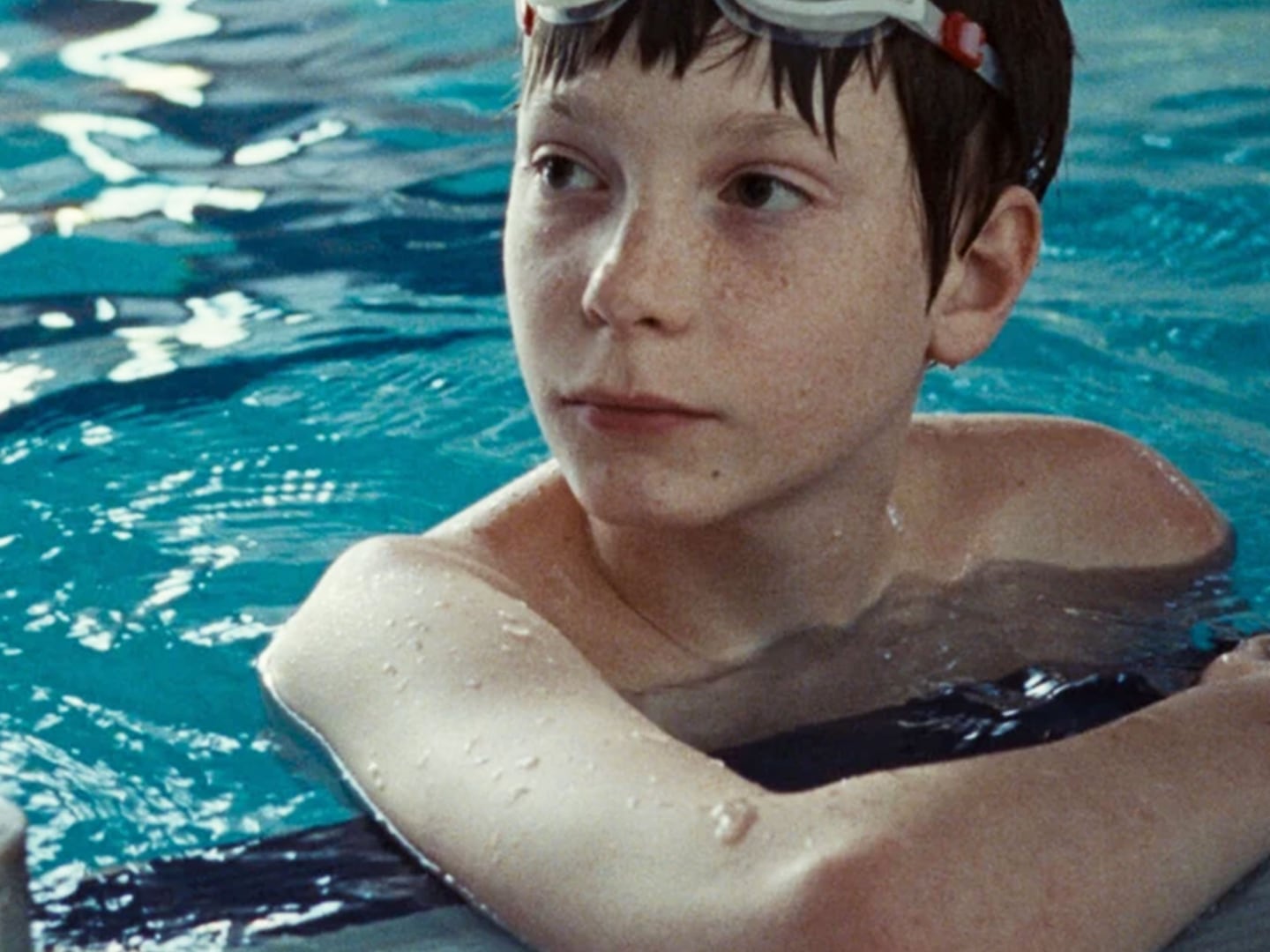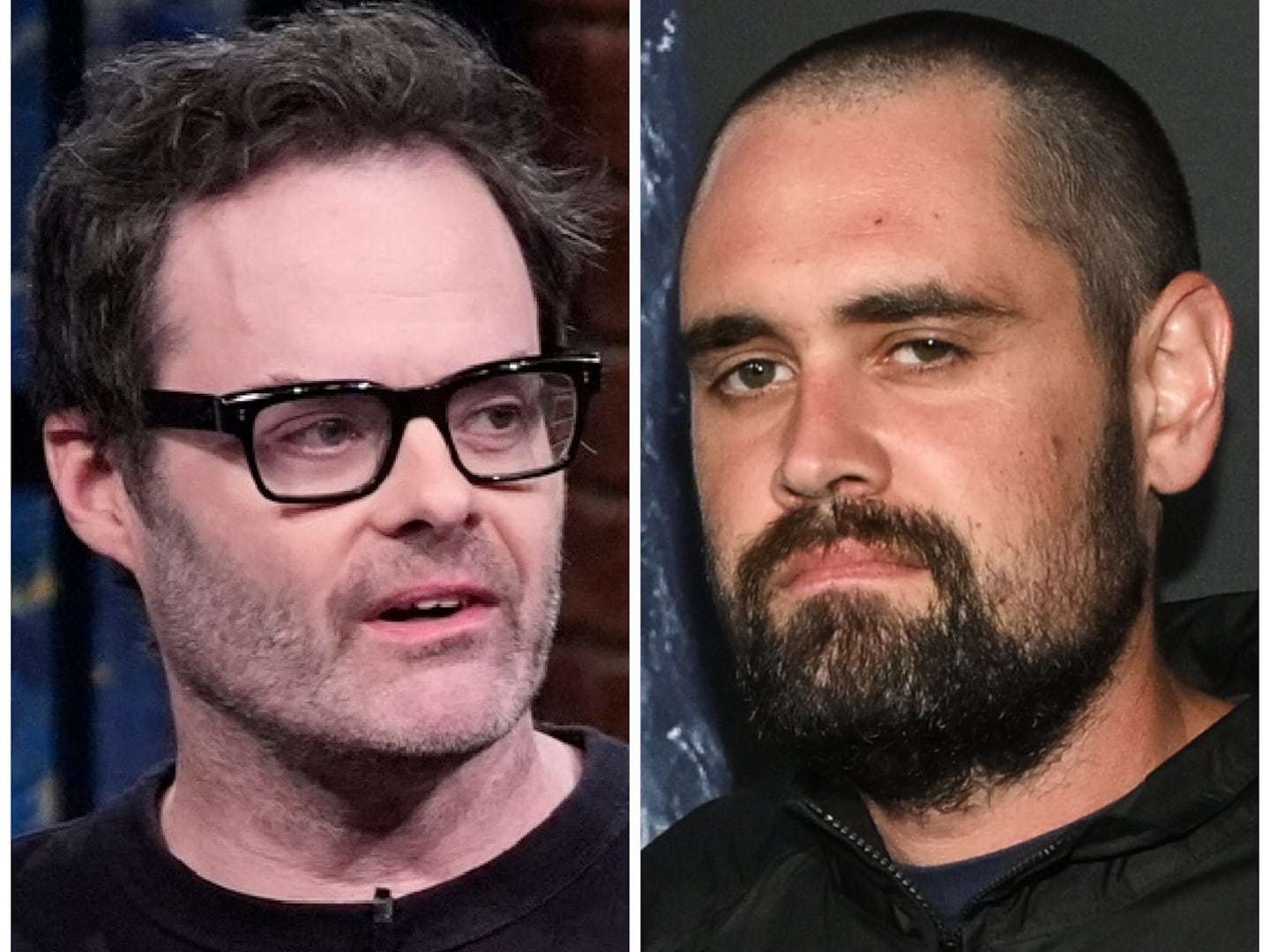Argylle is a bad movie. It’s got shoddy visual effects, disappointing action scenes, way too many twists, all stuffed into a whopping 139-minute runtime. For a movie that’s supposed to be a thrilling spy adventure, it’s astonishingly lazy, and that comes right down to something as small as its soundtrack. Argylle features the single most misjudged needle drop I’ve ever heard—a choice so bad, it’s also, frankly, the most compelling reason to even see this wildly inept film. And it happens three times.
(Spoilers for Argylle ahead!)
The first time we hear “Now and Then” by The Beatles, the band’s so-called “final” track completed with the help of AI, is early into the film. Elly Conway (Bryce Dallas Howard), an author who writes spy novels, is listening to it, which doesn’t seem especially significant. But later, we discover that the song is a huge part of Ely’s past. Approximately seven bland action scenes and 17 twists later, “Now and Then” is playing yet again. But this time, Aidan, a spy who was Ely’s former lover (played by Sam Rockwell), comments upon it. When they were together—five years ago, we’re told—“Now and Then” was his and Ely’s song.
This is supposed to be a sweet moment—except that what Aidan’s claim is literally impossible. “Now and Then” came out in November 2023, just three months before Argylle hit theaters; the film also was reportedly filmed between August 2021 and January 2022—more than two years before “Now and Then” was even released. There is no way that the song could have been written into the script nor heard at all during production.
Worse, if this was Aidan and Elly’s song “five years ago,” the film would have to be set in 2028 at the earliest. But Argylle is clearly set in our present day; all the Apple product placement makes that abundantly clear. (Naturally, Apple produced and distributed the film.) While the film tries to convince us that Aidan and Elly have heard this song countless times before, an audience watching the film in February 2024 knows this cannot be possible. It’s distracting, hard to ignore, and, worst of all, catastrophically lazy—which speaks a lot to the film itself.

Dua Lipa and Henry Cavill in "Argylle"
Apple TV+Using this specific song in this specific way might have been easier to forgive if we never heard it again after this. But Argylle triples down on the “Now and Then” motif, and the song plays again in the movie’s emotional climax. Elly and Aidan are fighting to the death on a boat (Elly has been brainwashed again… it’s a whole thing), and a thundering instrumental version of the song blares in an over-the-top fashion. It’s supposed to be either funny or tug at your heartstrings—Argylle can’t commit to either impulse—that their beautiful love song is turned into fodder for their duel. But as this melodramatic version of “Now and Then” plays once more, Argylle reminds us instead of one thing: Its producers spent a lot of money on this AI-assisted Beatles track, so yes, you will be hearing it again, even if there isn’t an iota of logic to it.
“Now and Then” is a good song, and The Beatles are a great band. Either one is far from the problem. It’s that using music by The Beatles is eye-wateringly expensive—this isn’t the kind of music cue that a supervisor chooses thoughtlessly. For reference, most songs cost between $20-45,000 to license, a cost that can increase considerably when using the song multiple times. But when Mad Men famously ended an episode with Don Draper listening to the phenomenal “Tomorrow Never Knows” off of Revolver, it cost the studio $250,000. Universal Pictures paid a whopping $10 million for the rights to feature the Beatles catalog in the film Yesterday—almost half of that film’s $26 million budget.

Bryce Dallas Howard in "Argylle"
Apple TV+When studios prop up huge amounts of cash to use a certain song, you better believe there’s a reason behind the choice. In Mad Men, the use of “Tomorrow Never Knows” perfectly encapsulated how Don was falling behind the times. And, well, it would be awfully hard to make a film like Yesterday, which is about a man who finds himself in a timeline where The Beatles never existed and sings their songs to become famous, without Beatles songs. But the reason for “Now and Then” to play in Argylle three incredibly unbelievable times isn’t one driven by creativity or narrative purpose. It’s nothing but a flex by a big-budget studio, one that prioritizes showing off the bottomless depths of its wallet at the expense of its film’s internal logic.

Bryce Dallas Howard in "Argylle"
Apple TV+Honestly, credit where it’s due: Using a song that the characters could never have heard as their defining love song is an inconceivably silly thing. You’d certainly never imagine a film with this much money poured into it and this many stars to coast on something so blatantly false and, more embarrassingly, easily avoided—but it does. If the film ended with the reveal that it was set in the future all along, perhaps that would be a twist worthy of the kind of spy movie Argylle is so desperate to be.

